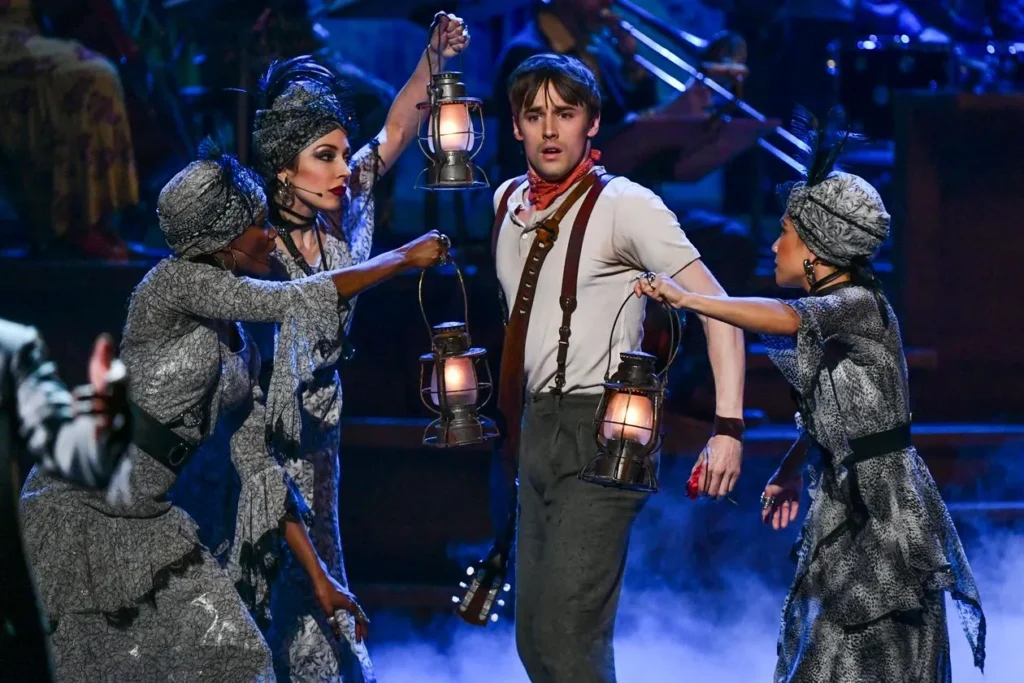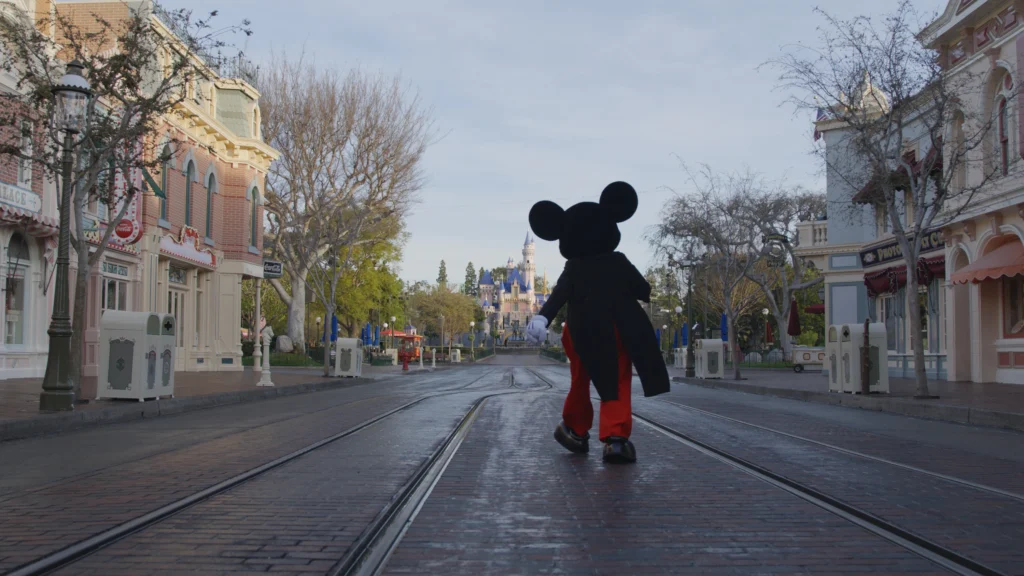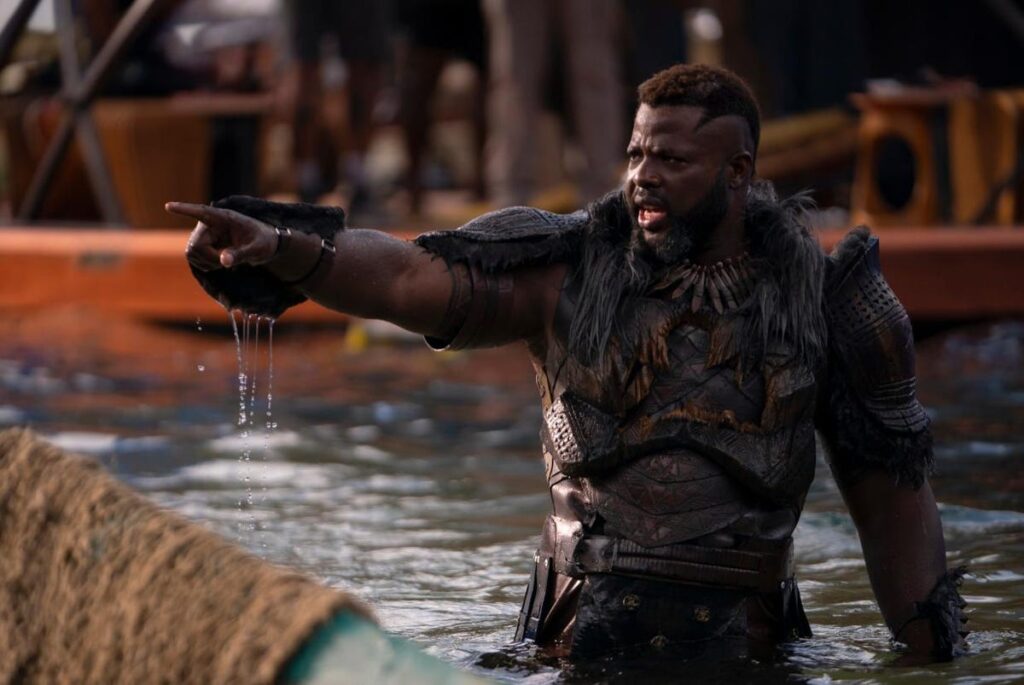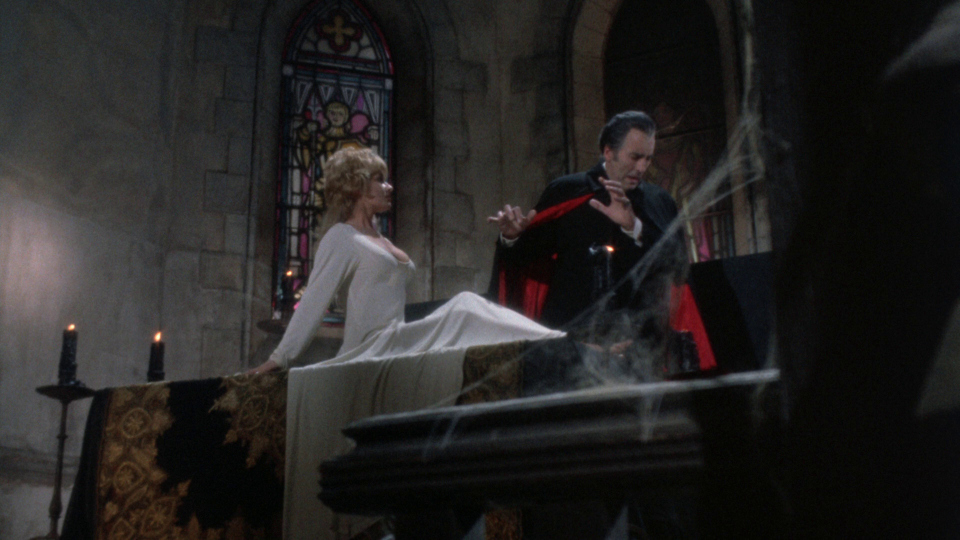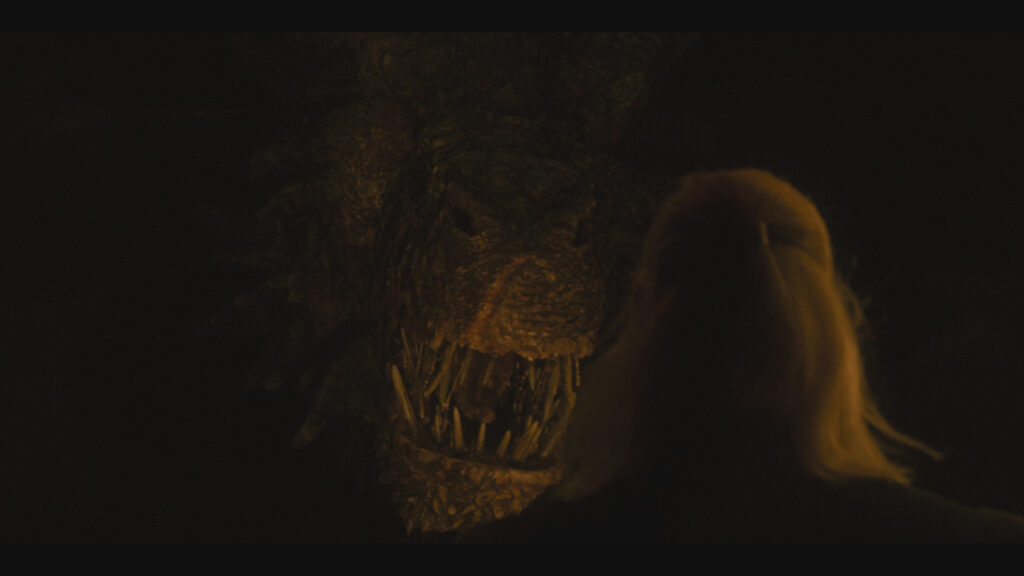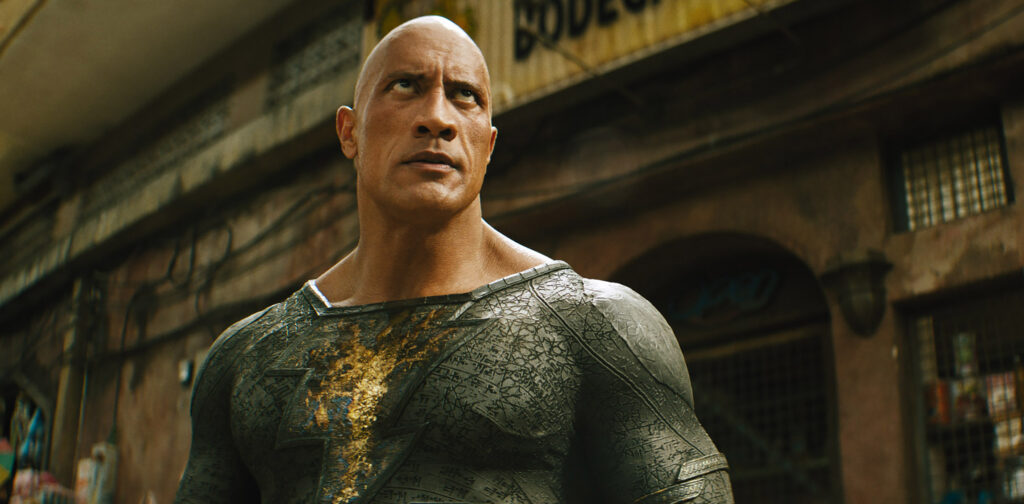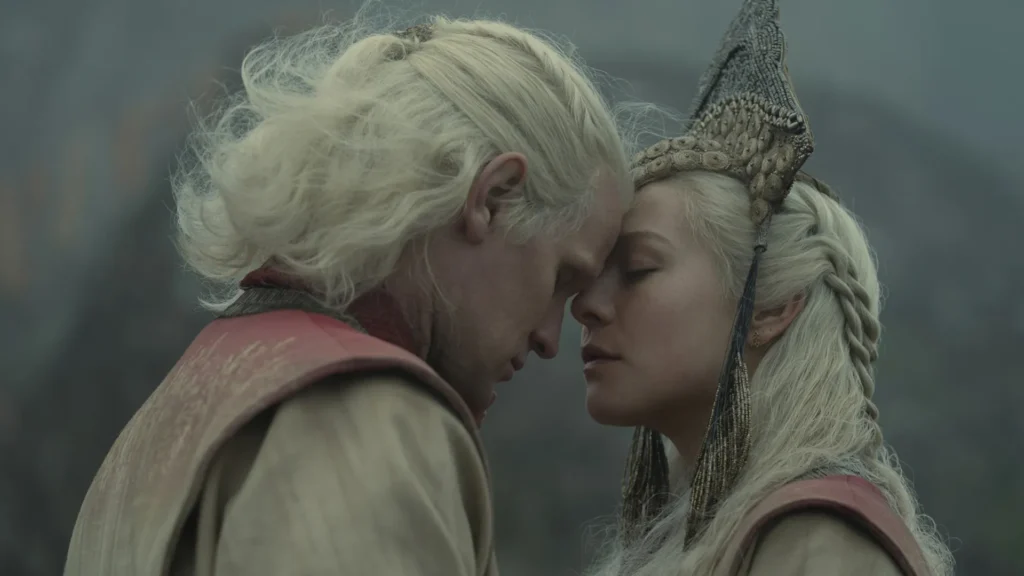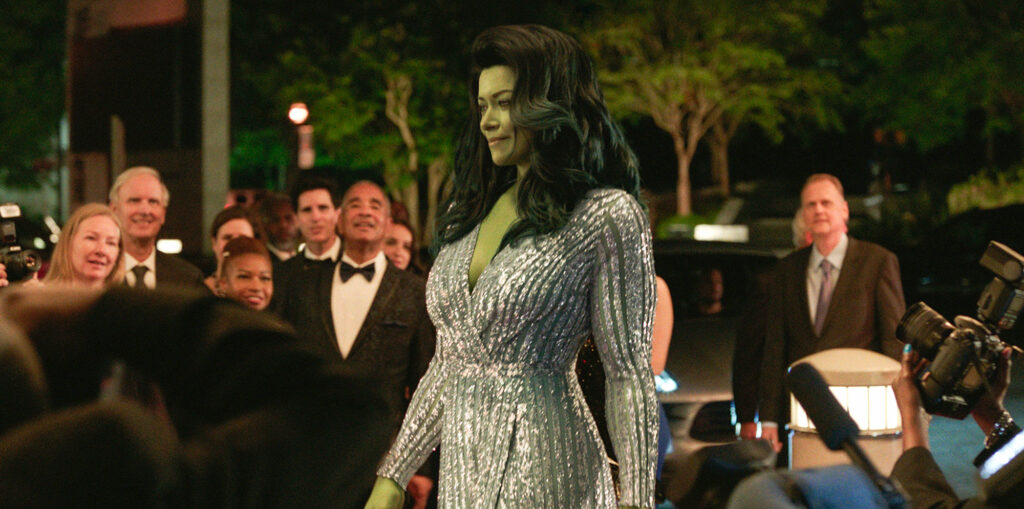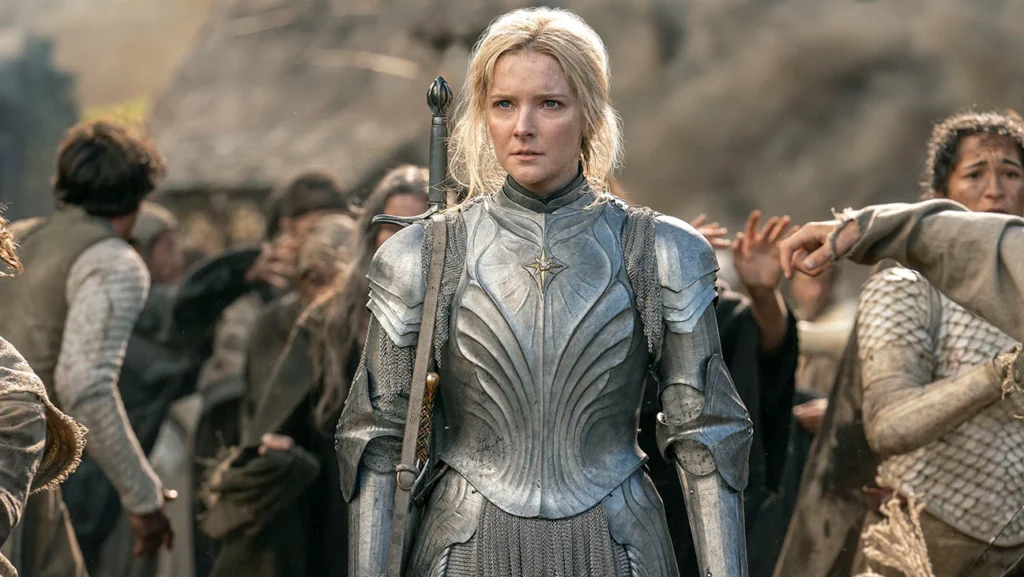Hadestown celebrates the impermanence of joy against the tides of capitalism
Written by Ian Thomas Malone, Posted in Blog, Pop Culture, Reviews
There is a certain false comfort that modern storytelling aims to provide its audiences. We embrace happy endings not necessarily because we believe that love conquers all or that individual people can beat back the tides of fate or capitalism’s all-encompassing clutches, but because it’s nice to dream that we could. The somber parting emotions that tragedies leave us with at their conclusions can often supersede the joys of the journey that the narrative exists to illustrate.
The musical Hadestown captures the essence of this dynamic perfectly in one of its first act numbers. In the middle of the song “Livin’ it up on the top,” Orpheus raises a toast, “To the world we dream about, and the one we live in now.” The play intertwines the myth of Orpheus and Eurydice with the romance between Hades and Persephone, dueling storylines that compete for attention in a manner that leaves the former pairing little time for an organic courtship, but that’s also part of the beauty of their story. Too many people struggle with the distance between their grandiose dreams and the reality that consumes their present.
Hadestown’s Orpheus is not an epic hero. He is a charming starving artist, the kind of pretty face who can win you over with his smile and his song, without any existing infrastructure to sustain a life beyond pheromones alone. Eurydice quickly learns that the beauty of spring is not built to survive the brutality of winter. Hades, king of the underworld, functions in the role of antagonist with an easily presentable defense against his own villainy. Eurydice consents to an eternity of indentured servitude not through Hades’ lies or deception, but largely because she is hungry and Orpheus cannot provide sustenance for the body as well as he can illuminate the soul with his song.
Capitalism is the true villain of Hadestown. Hades is not a soulless monster, himself open to the charms of Persephone to remind him of the man he used to be before time stripped him of everything besides the carnal urge to propel the means of production through his factory. America’s entire financial structure is built on an identical premise to Hades’ trial presented to Orpheus, the illusion of choice that covers up the near-impossibility of success.
Each and every day, banks hand out predatory loans to children not even old enough to buy a beer, promising tomorrows no one will ever see under the weight of the student debt they’ll spend a lifetime drowning in. The fantasy that capitalism tries to sell is the idea of agency, a dream of tomorrow hidden beyond the perpetually moving goalposts. Orpheus and Eurydice operated on two different wavelengths, reality and the dream forced to confront their own incompatibility.
Love does not conquer all. Love is not permanent, but a covenant forced to battle the demons of capitalism each and every day. The marching tides of capitalism wait for no one, not Orpheus, not you. Countless souls who dream of a better tomorrow lose that fight as their bodies and souls are depleted in service to the means of production. The legend of Orpheus and Eurydice remains as timely as ever, love taking its best shot against the machine and coming up just short. You can muster up all the wind at your back, the magic and beauty lining up perfectly in your favor, but sometimes that’s just not enough.
The kind of joy that tragedy offers often requires a harder road to travel. One could writhe in frustration at how close Orpheus and Eurydice came to eternal happiness, in doing so overlooking the simpler beauty in the time that did belong to them. Art does not derive its use value by capitalism’s criteria, but through the beauty in its crafting and its execution. Hadestown presents Orpheus and Eurydice’s love in a timespan more comparable to a one night stand than eternity, but there’s great magic to be found in the embrace of the present, even when facing the reality that nothing lasts forever.





